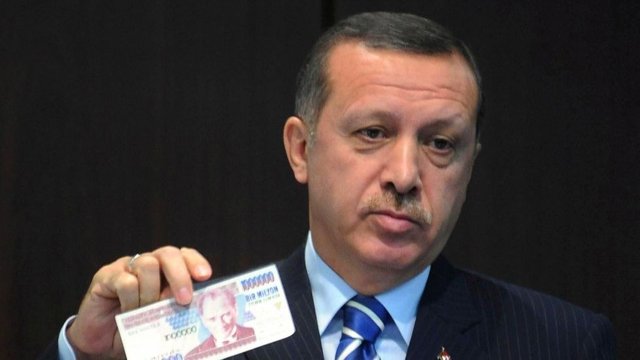One of the shocking moves in asset prices in 2021 has been the collapse of the Turkish lira, undermined by poor fiscal policy, the degradation of Turkey’s institutions by its president and haphazard monetary policy. A recent rebound in the lira may provide some short term relief but it does not mean that the quality of policy making in Turkey has improved.
Lessons from Turkey
Turkey will remain vulnerable financially, economically and perhaps politically, but it bears watching for what other nations can learn.
Economically, Turkey has two interrelated lessons for the USA and the rest of the world. First, Turkey is a salient tale in the rise and fall of nations. Since the early 2000’s when Kemal Dervis had righted the banking system and the prospect of membership of the EU was dangled in front of it, Turkey made great progress. Lately this has come to a halt as policy making, the quality of institutions and the rule of law have been degraded.
It leads me to think of Edward Gibbon’s ‘A History of the Decline and Fall of the Roman Empire.’ Gibbon, who sought to explain why the Roman Empire disintegrated believed that Rome became complacent, institutions weakened and the leaders in Roman public life lost their sense of civic virtue (or what Machiavelli later simply called ‘virtu’ – the good of the republic or common good).
The importance of institutional quality and the need for a sense of civic ethic is evident in other books that track the rise and fall of nations such as Acemoglu and Robinson’s ‘Why Nation’s Fail?
Why Nations Fail
Acemoglu, like Dani Rodrik, is one of the leading economists in the world, and Turkish. Both of them I am sure, lament the direction that their country has taken, and both would have clear policy answers to set it back on course. Both are based in Boston, and it is hard not to think that their work as well of course as that of Gibbon, deserves reading in Washington.
It might also be more widely read on Wall Street, because as Turkey again shows, political risk is becoming a greater force in markets. Typically, and doubly so in the age of quantitative easing (QE), political and geopolitical risk have not played a significant role in developed economy markets. The behavior of the Turkish lira, its debt and equity markets in the past three years suggests that for emerging markets at least, political risk is now a dominant market factor.
By: Michael O’Sullivan
source: Forbes



